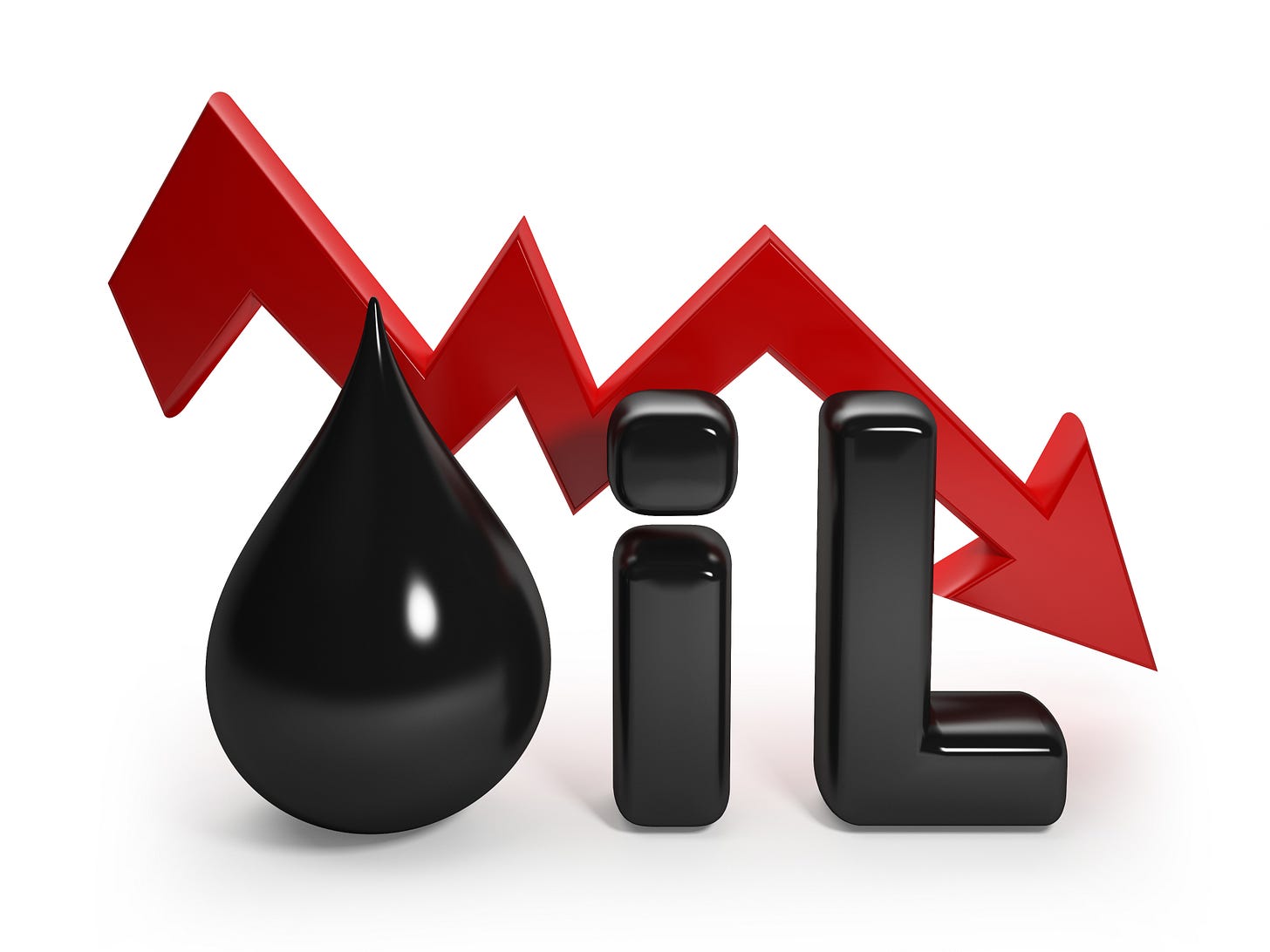What Is the “Fair” Price of Oil?
As you know by now, I love writing timeless articles. You read the ideas today and you think they are written today. Here is one of them!
On several occasions in the last three decades, a number of OPEC oil ministers described oil prices as “fair”. In the last few months, it has become fashionable for OPEC ministers to describe oil prices as “fair”.
What is the fair price of oil? Can OPEC ministers fully explain what the meaning of “fair” is? Can they explain why prices are “fair”? Can they explain how they were fair in 1972, 1974, 1977, 1981, 1989, 1992, 2000, and 2004, while the price of oil was different in each of these years? If the price is fair, can OPEC ministers explain why their governments subsidize the price of domestic petroleum products? What happened to “fairness”? Better yet, can they explain why journalists ask them the questions that necessitate such an answer “prices are fair” in the first place?
What is the fair price of oil? Is it fair from the point of view of both producers and consumers? Or fair from the point of view of one of them alone? Is it fair from the point of view of all producers, or only some of them? Is it fair from the point of view of all consumers or only some of them? Is it fair from the industrial countries’ point of view or the developing countries’ point of view?
Is it fair from an economic point of view, financial point of view, religious point of view, social point of view, legal point of view, several of these views, or all of them together? Is the oil price fair from the environmental point of view or the humanitarian point of view? Is it fair for producers of alternative energy resources?
Is it fair for entrepreneurs and technology developers? Is it fair for the producers of goods that depend on oil? Is it fair from the point of view of oil-producing governments or their societies? Is it fair from the current generation’s point of view? Of future generations? Or every generation? Is it fair from the point of view of national oil companies, or the international oil companies that operate in OPEC countries?
If the current price of oil is fair, does that mean that the price last month was not fair? Why? Why not? What about prices in previous years? If prices last month were not fair, who suffered? Do those who suffered deserve compensation? Why? How?
If it is that easy to conclude that “the current price is fair”, why have OPEC members not set that price until now? If it is fair, what is the significance of the price band? Why is OPEC looking for a new and more practical one? A fair price is very specific. Why does OPEC need a band? Are prices within the band fair? Why? What is the difference between, let us say $ 22/bbl and $ 28/bbl? Why are both of them, despite the $ 6/bbl difference, fair?
The inability of OPEC, OPEC ministers, and officials of the petroleum-producing countries to answer the above questions in a frank, non-diplomatic way exposes the problem of OPEC members. These countries have not been able to develop their own petroleum literature to justify their actions.
The consuming nations have developed their own literature a long time ago and they continue to add to it every day. They develop economic, legal, and political theories and systems that justify their policies, actions, and statements. They have developed various schools of thought in their universities and think tanks.
OPEC members have not developed such schools of thought, despite decades of oil revenues. OPEC officials act in the interests of their countries, but they base their policies on common sense. They do not have theories to back up their actions and claims.
Isn’t it time for OPEC members to develop their own schools of thought on petroleum extraction, the cost of oil, and the price of oil? Isn’t it time for OPEC members to have their own think tanks and their own world-class energy centers?
By the way, what is the cost of oil from OPEC’s point of view? Should I start the discussion all over again?
This article was published in 2005 by the Gulf Research Center, Dubai, UAE. The up-to-date chart is added today and was not included in the original publication.






